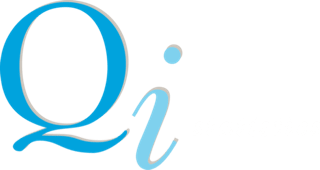Introduction to Statistics using R
Product code: SEN1-4

Duration: 2 days
Pre-requisite
No previous experience in R is required.
Course Summary
This course aims to familiarize you with the R environment, and will give you freedom in running statistical analyses in R. During the first day, an introduction to R (both as a software and a programming language) is given. You will be assisted in your first steps in R, by learning how to import/export data, play with datasets (extracting a value, a row, a column, etc.), load and use packages, run your first analyses, do your first graphics, etc. On the second day, you will be introduced to classical statistical analyses (such as ANOVA, regressions, etc.) and to programming by automatizing some analyses. You will be then introduced to major analyses you might be interested in, and you will be practicing your analyses skills. These modules are meant to be very practical, hence will be presented through real situation examples. The aim of this training is to give you tips and tools to be able to run it yourself within your company.
Software
Users will need to have R installed on their computer (R is a free software and can be downloaded from http://cran.r-project.org/).
Flexibility
For in-house courses, we can customise the module contents of day 2 to meet specific requirements.
Course Content
Day 1 part I: First steps in R
- Introduction to R
- Import/Export dataset
- Basic actions on the dataset
- Summary
- Notion of objects
- Notion of value/vector/matrix/list
- Transforming numerical variables to factors
- Using the help
- Introduction to packages
- Installing packages
- Loading and using package
Day 1 part II: More advanced topics
- Handling missing data
- First calculations
- Mean
- Standard deviation
- Range
- Etc.
- Introduction to simple graphics
Day 2 part I: Programming
- Scale data:
- Correlation
- t-test
- ANOVA/regression (including prediction)
- Post’hoc test
- Categorical/Nominal data:
- Frequency tables
- Chi-squared test
- Cochran test
- Automatisation of the analyses
- Adding loops to perform multiple analyses (ANOVA on many attributes)
Day 2 part II: Practical session – Sensory analysis focussed
- Introduction to particular packages (sensR, FactoMineR, SensoMineR)
- Provide a list of analyses (Panel performance, discrimination tests, PCA, MFA, preference mapping, etc.)
- Application using real-life data



